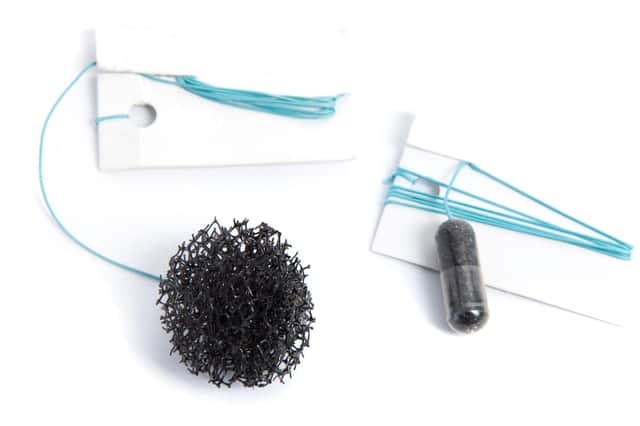Game changer for cancer diagnosis as Forth Valley joins national trial


NHS Forth Valley is about to take part in a national trial using the new 'Cytosponge' - in the hope that the new method will be less invasive but just as effective as the current endoscopy.
Wrapped in a coated pill, which can be taken with a glass of water, the innovative new procedure means there is no need for an anaesthetic and can be completed in just minutes.
Advertisement
Hide AdAdvertisement
Hide AdNHS Forth Valley’s Deputy Medical Director for Acute Services, Juliette Murray, explained: "We are really excited to be taking part in this important new national trial.
Phase one of long awaited project will bring huge change to this...The 12 areas of Falkirk with the highest numbers of positive Covid-19...
"Not only is this simple procedure much more comfortable for the patient, as it only takes minutes to complete, we will be able to carry out more of these procedures at each clinic.
“Early diagnosis of oesophageal cancer is vital to improve survival rates and patients can also benefit from less severe treatment options if their cancer is caught at an earlier stage.”
Advertisement
Hide AdAdvertisement
Hide AdAround 25 per cent of patients with gastric reflux who require an endoscopy may be eligible for the new procedure.
It is hoped the Cytosponge - which collects cells from the lining of the oesophagus - could replace the traditional endoscopy, where a long, thin tube with camera and light is used to inspect organs in the body.
Every year, around 5200 men and 2460 women die from oesophageal cancer - the thirteenth most common cancer in the UK.